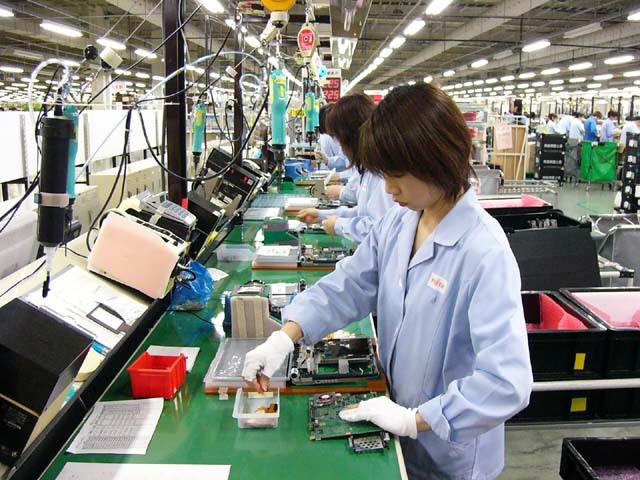Apple to move key iPad engineering resources to Viet Nam: Nikkei Asia
VGP - Apple is for the first time allocating product development resources for the iPad to Viet Nam, said Nikkei Asia in a recent article.

According to Nikkei Asia, Apple is working with China's BYD, a key iPad assembler, to move new product introduction (NPI) resources to Viet Nam. NPI involves a tech company like Apple collaborating with suppliers on the design and development of new products to make sure the blueprints are doable. This is the first time Apple has shifted NPI resources to Viet Nam for such a core device.
Engineering verification for test production of an iPad model will start around mid-February next year, sources told Nikkei Asia. The model will be available in the second half of next year.
This shift of NPI engineering resources is focused on entry-level models rather than the premium iPad Pro.
NPI demands substantial resources both from the tech company and its suppliers, such as engineers and investment in lab equipment for testing new features and functions.
Apple is the world's biggest tablet maker, with a market share of 36.6 percent in the first three quarters of 2023, IDC data showed. According to Counterpoint Research, only about 10 percent of all iPads were built in Viet Nam this year.
Viet Nam has emerged as the most important tech manufacturing hub for Apple outside of China. The Cupertino-based tech giant has asked suppliers to build new capacity for nearly all of its products except the iPhone-from AirPods and MacBooks to Apple Watches and iPads-in the Southeast Asian country.
Viet Nam consistently plays a crucial and strategic role in manufacturing, acting as a hub and potentially becoming one of the next global manufacturing centers, said Ivan Lam, a tech analyst at Counterpoint Research.
Apple's recent supply chain mapping has demonstrated the capability of its production site in Viet Nam to manufacture the iPad and scale up production, he added.
Bryan Ma, Vice President of client devices research with IDC, said Viet Nam is one of the beneficiaries of the device industry's diversification efforts, including not just tablets but also personal computers, which are even more complicated to manufacture.
"Having the entire ecosystem moving with the assemblers is important, particularly for notebooks, where there are more discrete parts," he said.
"After these years of shift, we really find places in India and Viet Nam emerge as two very important manufacturing ecosystems," said Vincent Chen, President of CTBC Securities Investment Service and a veteran tech analyst.
A number of giant multinationals have also been present in Viet Nam, including Apple, Nike, Morgan Stanley, Intel, and Google, among others.
The Foreign Investment Agency (FIA) under the Ministry of Planning and Investment reported that total foreign investment inflows to Viet Nam reached nearly US$28.85 billion over the last 11 months of this year, up 14.8 percent on year./.
